Optimal Timing for Smoke Damage Cleanup
Timing for smoke damage cleanup is critical to prevent further deterioration and health risks. Immediate action minimizes the spread of soot and odor, reducing the extent of restoration required. The optimal window for cleanup is typically within the first 24 to 48 hours after a fire incident.
Prompt cleanup helps contain smoke and soot, preventing it from settling deeper into surfaces and materials.
Conducting an assessment within a few days ensures that all affected areas are identified for thorough cleaning.
Early intervention reduces lingering odors, making the restoration process more effective.
Cleanup is best performed before high humidity or rain, which can worsen smoke residue absorption.
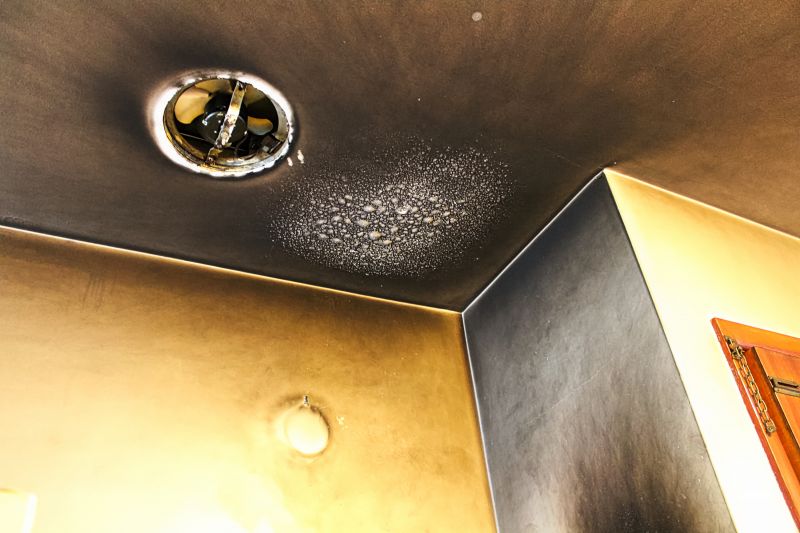
Professional cleanup involves removing soot, deodorizing, and restoring affected surfaces.
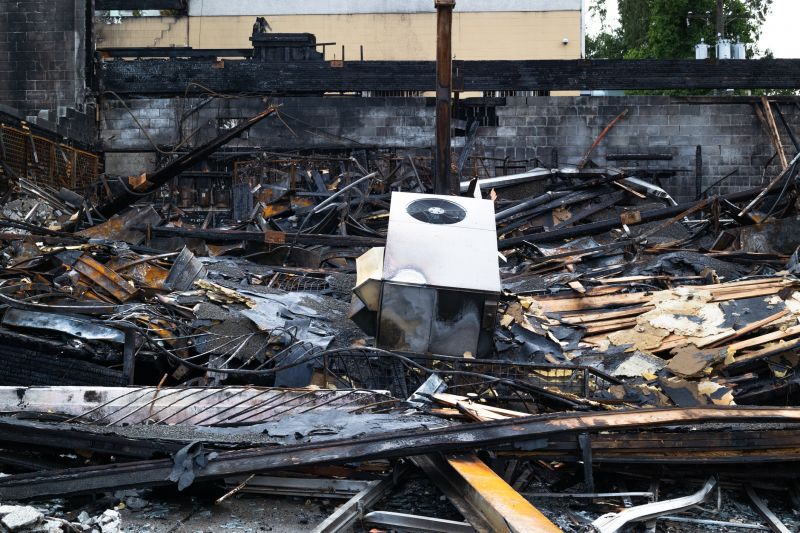
Visual evidence of effective cleanup and restoration.
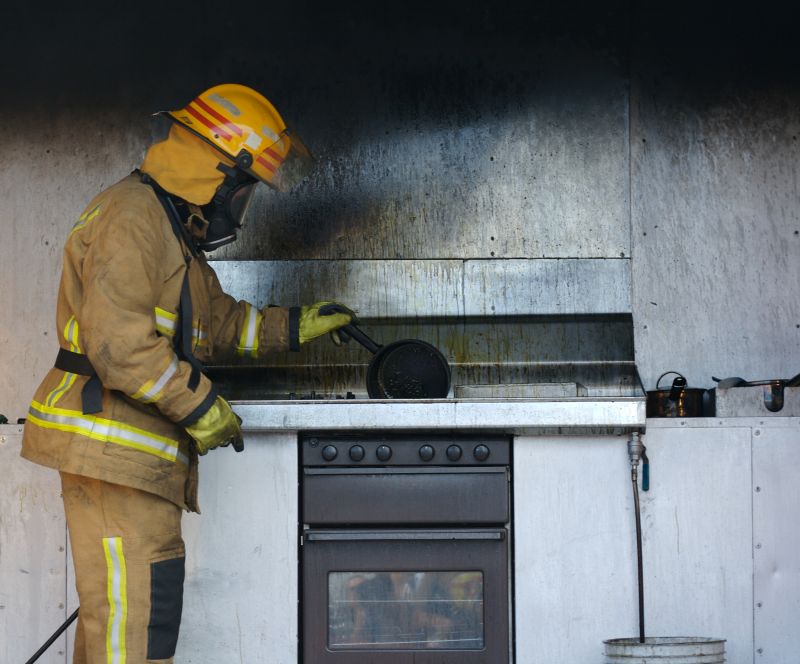
Specialized tools and machines for thorough soot removal and odor neutralization.
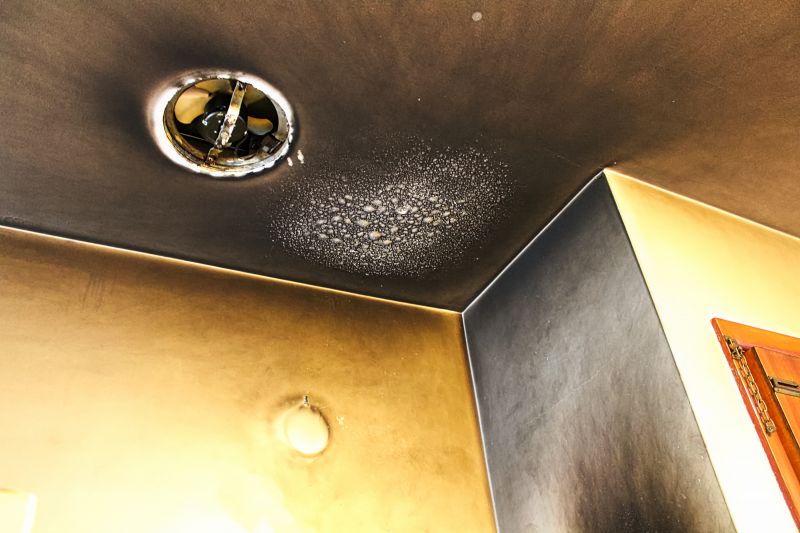
Ways to make Smoke Damage Cleanups work in tight or awkward layouts.
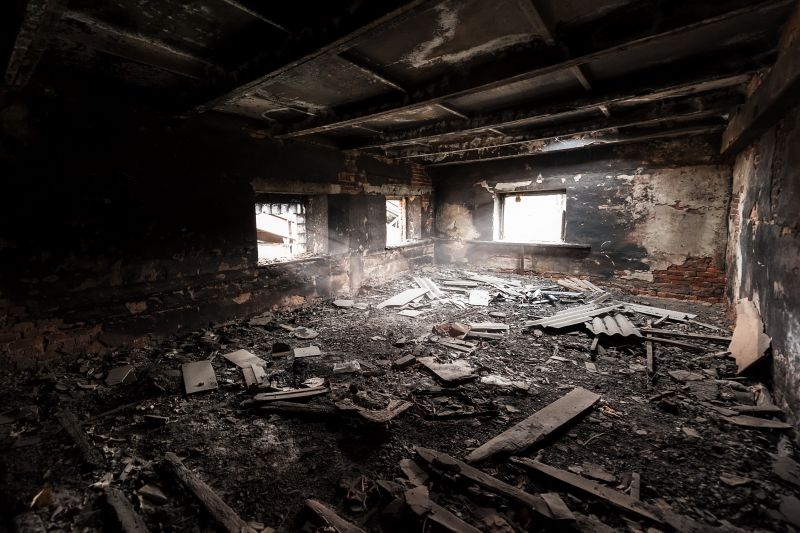
Popular materials for Smoke Damage Cleanups and why they hold up over time.
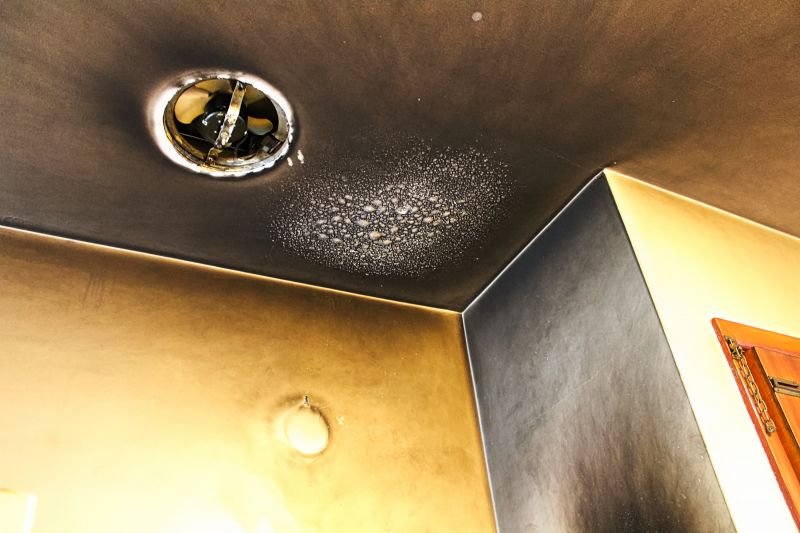
Simple add-ons that improve Smoke Damage Cleanups without blowing the budget.
Smoke damage cleanup is a vital part of fire restoration, involving the removal of soot, ash, and odors from affected areas. Soot particles are microscopic and can penetrate porous surfaces, making thorough cleaning essential. Without prompt action, smoke residues can cause discoloration, corrosion, and persistent odors that are difficult to eliminate. Studies show that immediate cleanup can significantly reduce long-term damage and health risks associated with inhaling residual smoke particles.
| Aspect | Details |
|---|---|
| Time sensitivity | Cleanup within 24-48 hours reduces residue absorption. |
| Health considerations | Early cleanup minimizes exposure to harmful particles. |
| Odor control | Timely intervention prevents persistent smoky odors. |
| Material preservation | Reduces damage to fabrics, wood, and drywall. |
| Cost implications | Earlier cleanup often results in lower restoration costs. |
| Environmental factors | Avoid cleanup during high humidity or rain to prevent residue absorption. |
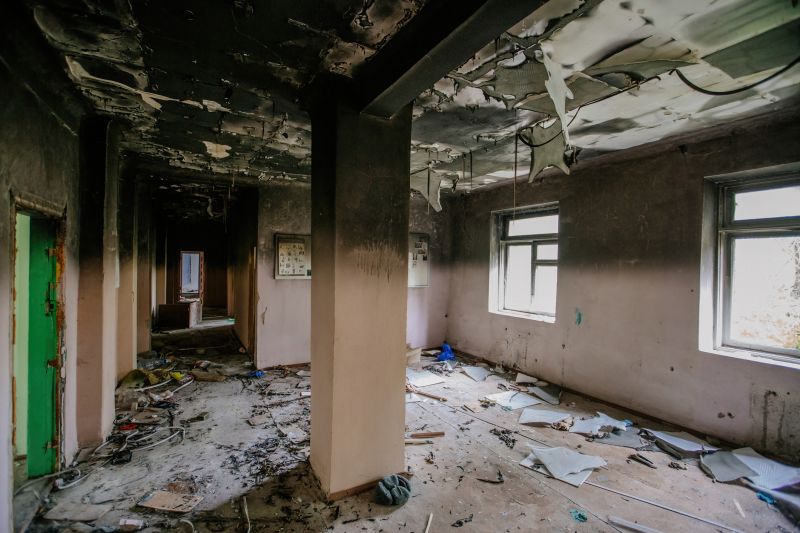
Soot deposits visible on surfaces requiring cleaning.
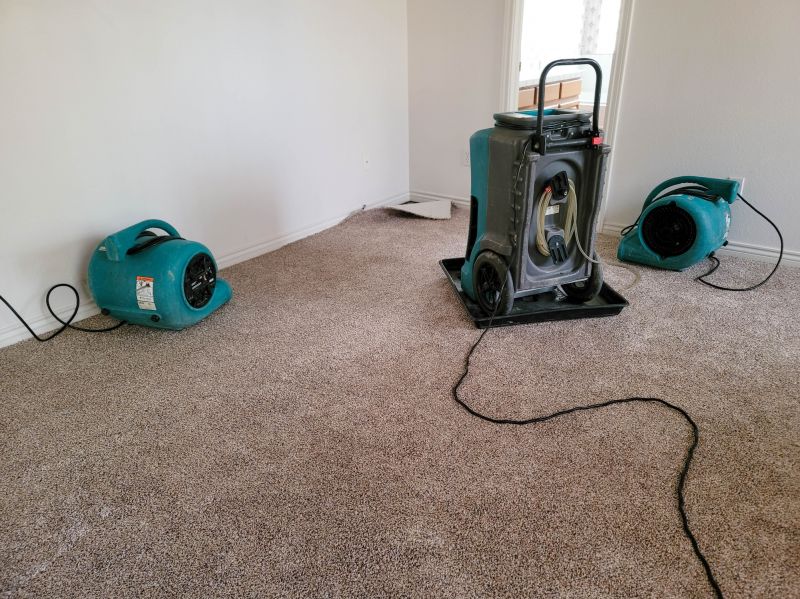
Industrial vacuums and scrubbers used in cleanup.
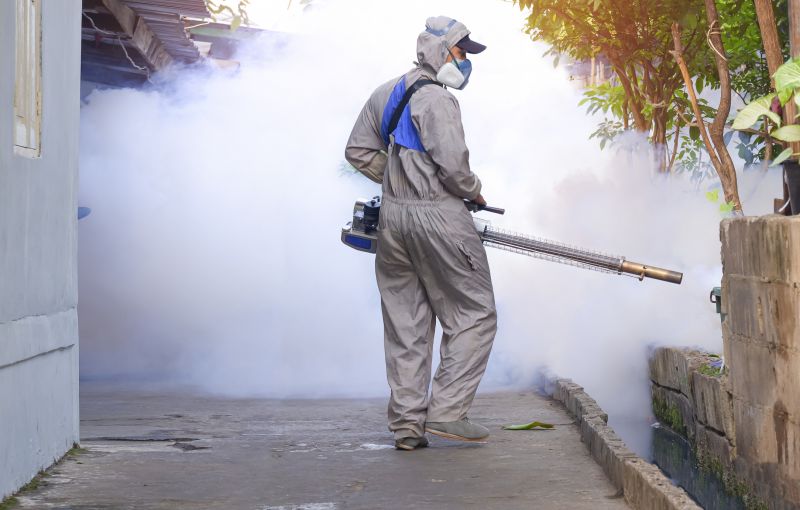
Specialized fogging and ozone treatments neutralize persistent odors.
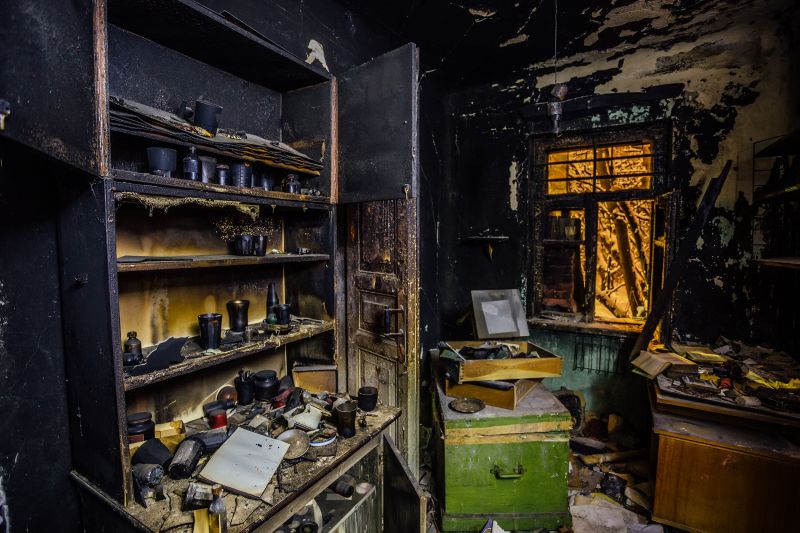
Repaired and cleaned spaces ready for occupancy.
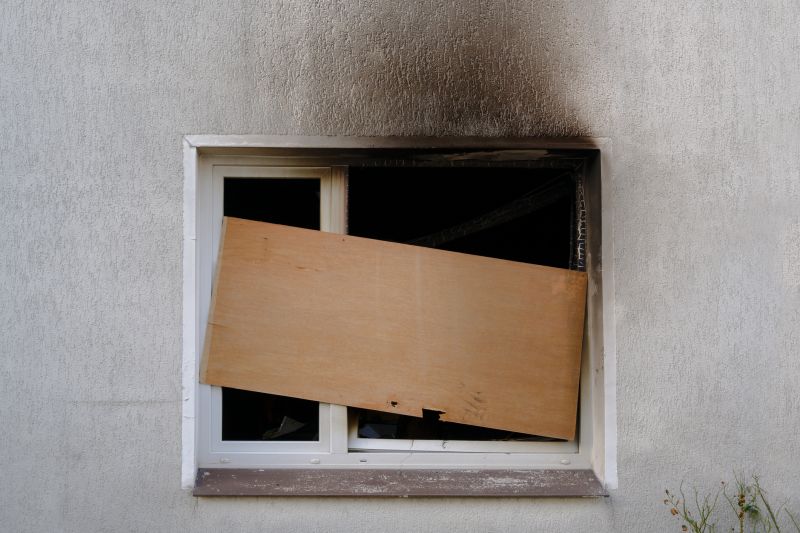
High-end options that actually feel worth it for Smoke Damage Cleanups.
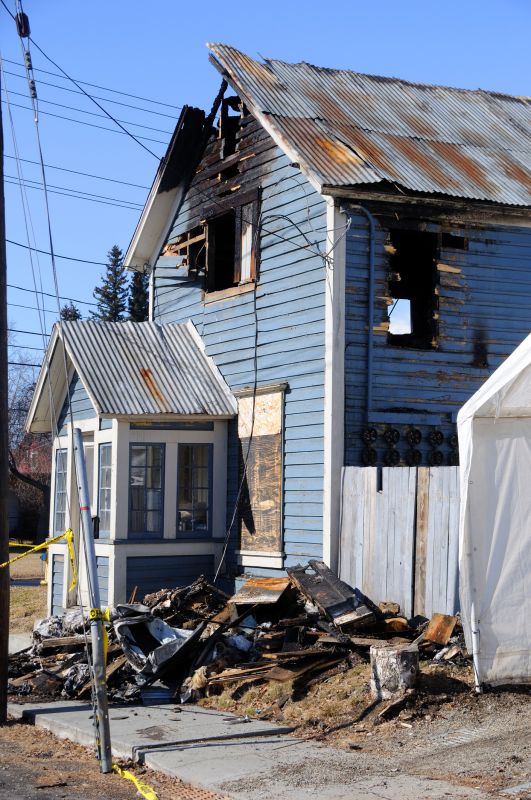
Finishes and colors that play nicely with Smoke Damage Cleanups.
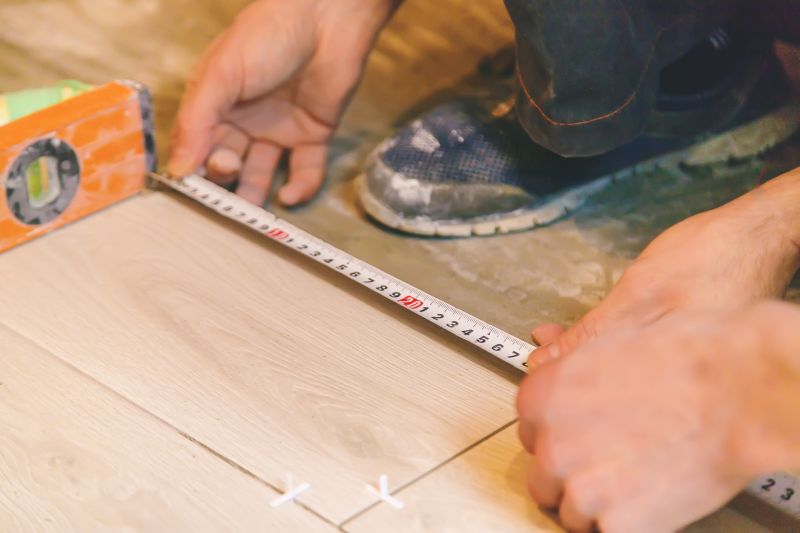
Little measurements that prevent headaches on Smoke Damage Cleanups day.
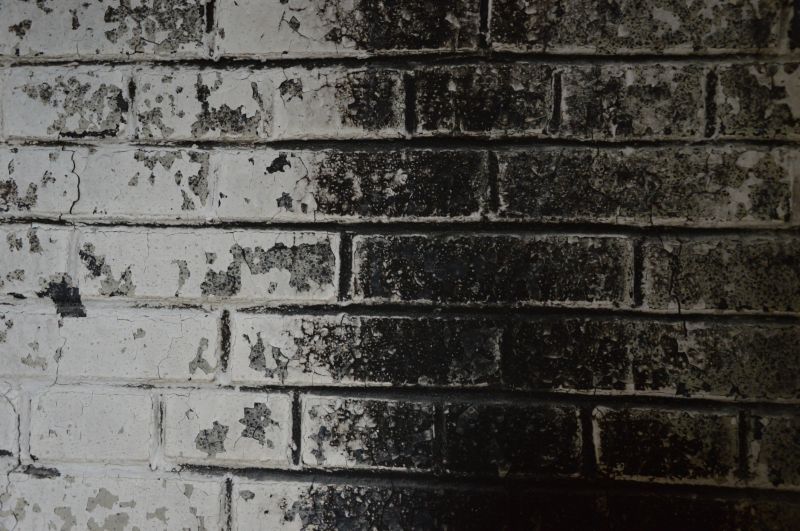
A 60-second routine that keeps Smoke Damage Cleanups looking new.
Effective smoke damage cleanup involves specialized techniques and equipment designed to remove soot and neutralize odors. The process typically includes cleaning surfaces, deodorizing the space, and restoring affected materials. Delays in cleanup can lead to increased costs and more extensive repairs, as smoke residues can cause corrosion and permanent staining. Early intervention not only preserves property value but also promotes healthier indoor air quality.
Individuals affected by smoke damage are encouraged to contact professionals promptly. Early response minimizes health hazards and reduces the complexity of restoration efforts. Proper cleanup ensures a safer, cleaner environment and helps prevent long-term damage from smoke residues.
